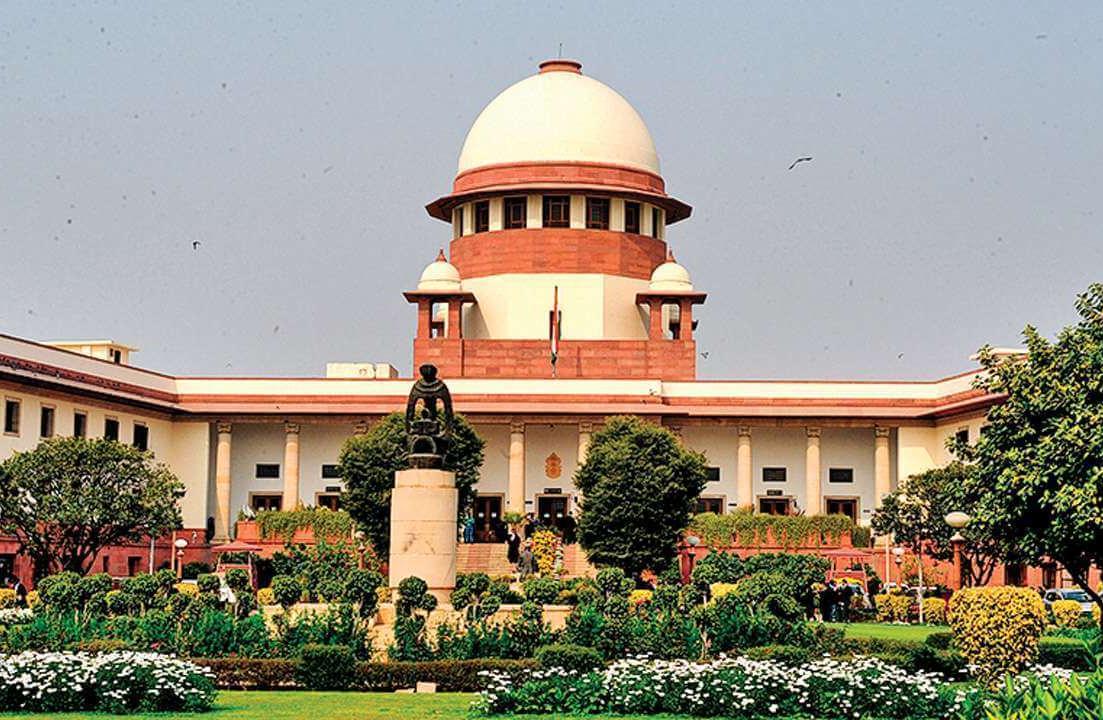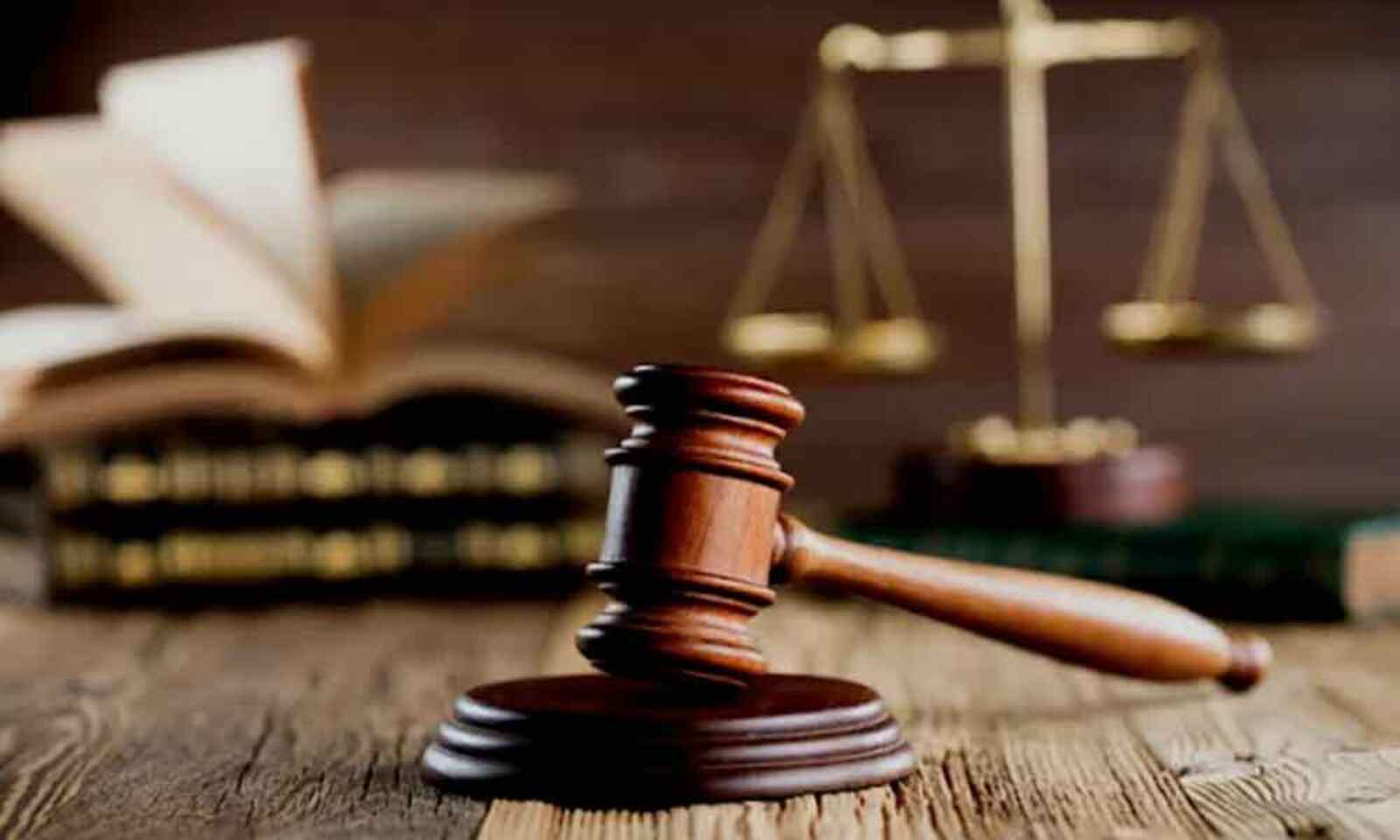Since a division bench led by the Chief Justice of the Gujarat high court had already taken suo motu note of the incident and issued many directives, the bench stated that it will not be hearing the applications at this time. On Monday, the Supreme Court declined to hear two petitions seeking independent inquiries into the bridge collapse in Morbi, Gujarat, that claimed the lives of more than 140 people. The court cited the fact that the Gujarat high court had already taken suo motu cognisance of the matter.

The high court was ordered to keep an eye on the investigation and any other developments relating to it by a bench consisting of Chief Justice D.Y. Chandrachud and Justice Hima Kohli. The bench explained that it would not be hearing the petitions at this time since a division bench led by the Chief Justice of the Gujarat high court had already taken suo motu note of the incident and given many decisions.
PIL petitioner Vishal Tiwari and litigant Chavada Dilipbhai, who each lost two relatives in the tragedy, were given permission to take their cases to the high court, where they are expected to argue for an independent investigation and the fair recompense of victims’ families.
According to LiveLaw, the Supreme Court indicated that the petitioners had two options for contacting the high court: submitting a separate writ petition under Article 226 of the constitution, or interfering in the suo motu case.
The highest court added that the petitioners could still come before them at a later date.

In this instance, the Gujarat high court has been very critical of the Morbi municipal body, citing the authorities’ indifference to the matter at hand.
High Court’s division bench looks to be taking a holistic perspective, CJI Chandrachud said.
According to LiveLaw, Dilipbhai’s attorney, Senior Advocate Gopal Sankaranarayanan, brought forward various points that were noted by the bench. There should be an impartial inquiry into any criminal wrongdoing, blame should be assigned to the appropriate city officials, the agency responsible for the bridge’s upkeep and management should be held accountable (and not just through arrests during the inquiry), and victims should receive fair compensation.
An expression of confidence that the Supreme Court “would surely be seized of providing a regulating framework so that such instances do not reoccur” was made public by the court.

